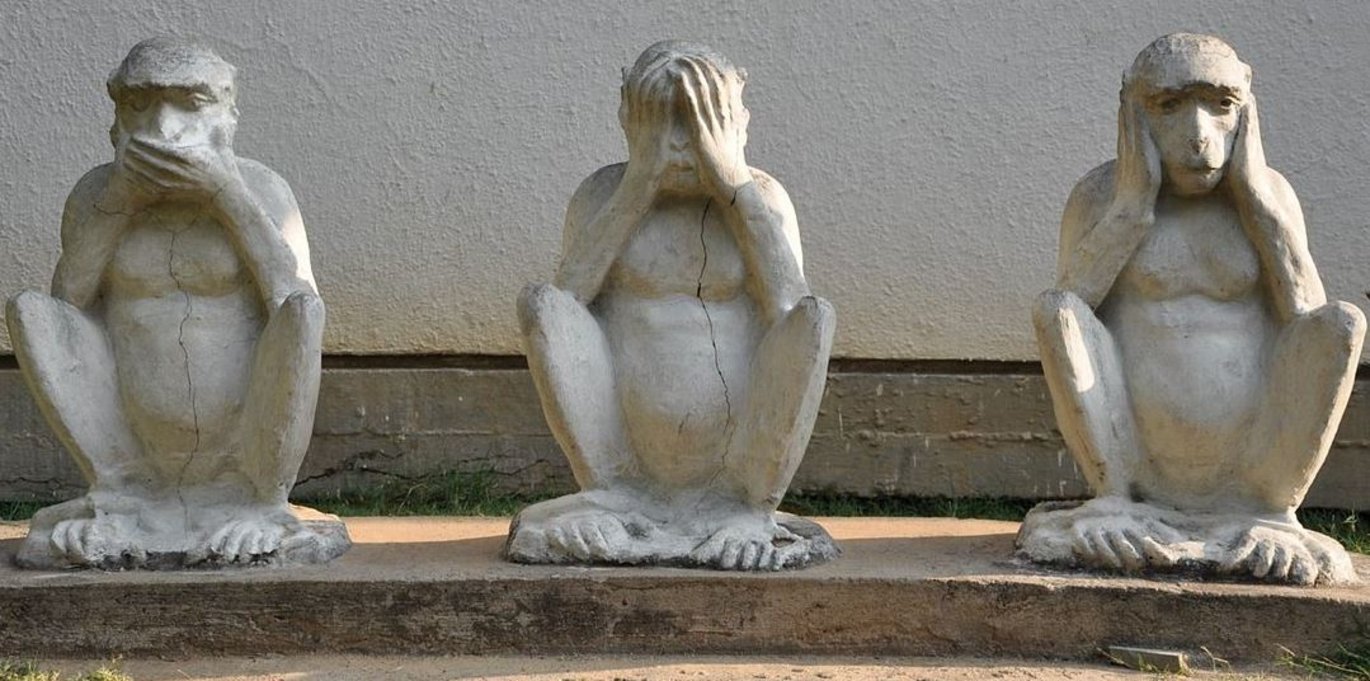AIAS event: Fear in a Post-Factual World
Panel debate

Info about event
Time
Location
The AIAS Auditorium, Building 1632, Høegh-Guldbergs Gade 6B, 8000 Aarhus C
The title of the panel recognizes that the proliferation of false news in the media during the 2016 American presidential campaign as well as the introduction of “alternative facts” by the new American administration to cover apparent falsehoods and exaggerations is an example of our current “Post-Factual World”, with variants like “post-factual fake news world”, “post-factual politics”, “post-factual democracy”, and “post-truth politics”, etc. It is indeed a fearful situation when news media, government officials and various institutions “make up” their own facts and interpretations of world events. The Oxford Dictionaries has named “post-truth” as the word of the year for 2016. Since 2015, the word “post-truth” has increased approximately 2,000%. The term is associated with “post-truth politics” because of the EU referendum in the United Kingdom and the presidential election in the United States. Organizations are attempting to identify and deal with websites that produce false facts and false news. Such organizations as German “corrective” and the Le Monde’s “Le Décodeurs division” are actively debunking hoaxes and false news.
Although these events drew attention to this communicative mechanism, it is hardly new. Most politicians in the world throughout history have promulgated lies, exaggerations, alternative facts and favored statistics to realize their strategies and ideologies. All of the religions in the history of mankind have also done so. All interest groups of various persuasions from the far left to the far right have done so. But today, in a global setting, post-factual hermeneutics has become especially dangerous. It is affecting societies, cultures, policies and individual lifeways to such an extent that we must as scientists draw back and reflect upon the mechanisms and consequences of a world barely concerned with truth and facts. There are solid social and psychological reasons for this phenomenon. Recent neuroscience studies on “the political brain” indicate that people simply discount evidence that contradicts their own firmly held beliefs and the beliefs and claims of respected authorities, peers and/or family members.
In a way, we as scientists are partly to blame, mainly because of the epistemological difficulties in deciding and proving what is a fact and what is not. The divide between fact and interpretation has been particularly present in various postmodern movements but is much older in the philosophy of science. Scientific facts, difficult as they are to establish, are less problematic than, for instance, historical facts. “Post-truth political” facts claim factuality by emotional appeal rather than empirical reasoning.
The post-factual world will most likely have a decided impact on science and education through policies and ideologies that thrive on a world beyond factuality. How are we to deal with this situation?
Panelists
- Michael Bang Petersen, Professor, PhD, Dept. of Political Science, School of Business and Social Sciences, Aarhus University
“When Conflict Trumps Truth” - Djuke Veldhuis, AIAS Fellow, PhD, Aarhus Institute of Advanced Studies, Aarhus University, Denmark and University of Cambridge, UK
“An Evolutionary Perspective on Fear: Why Emotions Have a Trump Card over Reason” - Jessica Barker, AIAS Fellow, PhD, Aarhus Institute of Advanced Studies, Aarhus University and University of Arizona, USA
“Evolution, Facts and Beliefs” - Jakob Linaa Jensen, PhD, Head of Research, Social media, Danish School of Media and Journalism
“Fake news – old wine on new bottles?” - Stefan Iversen, Associate Professor, PhD, Dept. of Scandinavian Studies and Experience Economy, School of Aesthetics and Communication, Aarhus University
“Fear, Fictionality and the Rhetoric of Post-Humanitarianism”
Format
This panel will feature brief talks by political scientists, philosophers, and media scholars who will explore some of the above-mentioned issues. The panel will be followed by an informal reception in the AIAS Hall.
Participation
The panel is open to all, and prior registration is not necessary.
Context: FEAR - UBIAS Topic of the Year
The panel debate is part of the 'FEAR' 2017 Topic of the Year for UBIAS. UBIAS is a global network for University-based Institutes for Advanced Study, at present encompassing 37 institutes, currently with AIAS as the coordinating institute of the network. Besides the panel, AIAS fellows and collaborators are organizing a series of events to address the topic in various formats and through the whole year of 2017. See here:
- AIAS Friday talk: FEAR and the Dionysiac, 28 April 2017, 15:00-16:00
http://aias.au.dk/events/show/artikel/aias-friday-talk-fear-and-the-dionysiac/ - AIAS Conference: FEAR: Brain, Behaviour, Society, 4-5 December 2017
http://aias.au.dk/events/aias-conference-fear-brain-behaviour-society/

Panel organizer
Armin W. Geertz Prof., dr.phil.
Jens Christian Skou Senior Fellow
Aarhus Institute of Advanced Studies
Denmark
